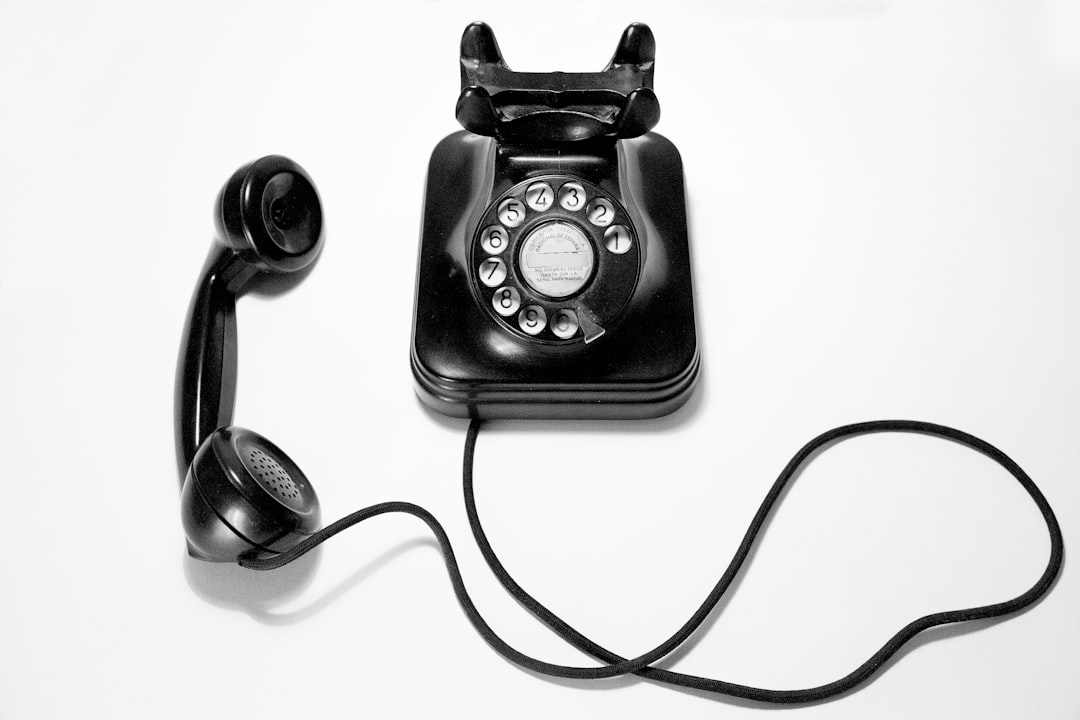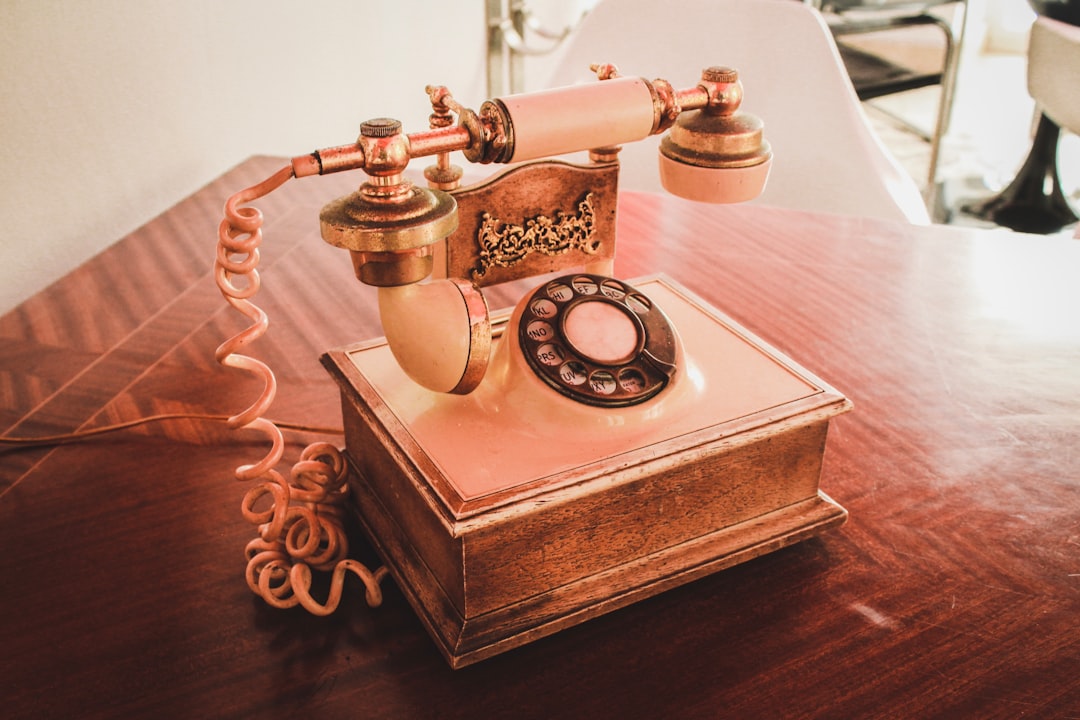Non-profit organizations in Missouri using autodialers for communication face a complex legal environment. The Telemarketing and Consumer Fraud and Abuse Prevention Act (TCFA) and state regulations require explicit consent before making marketing calls, with strict fines for non-compliance. Hiring an autodialer lawyer is essential to navigate these rules regarding caller ID, do-not-call lists, and consent acquisition, ensuring non-profits utilize this technology ethically while avoiding legal pitfalls.
Smithville presents a comprehensive guide to help non-profit organizations navigate autodialer compliance in Missouri. With an increasing reliance on automated calling, understanding the legal requirements is crucial for any non-profit considering this technology. This article explores the intricacies of autodialers, delving into their impact on privacy laws and providing strategic insights for staying compliant. Learn from common pitfalls and discover expert tips to ensure your organization’s autodialer usage aligns with Missouri’s legal standards, guided by an experienced autodialer lawyer.
Understanding Autodialers and Non-Profit Organizations
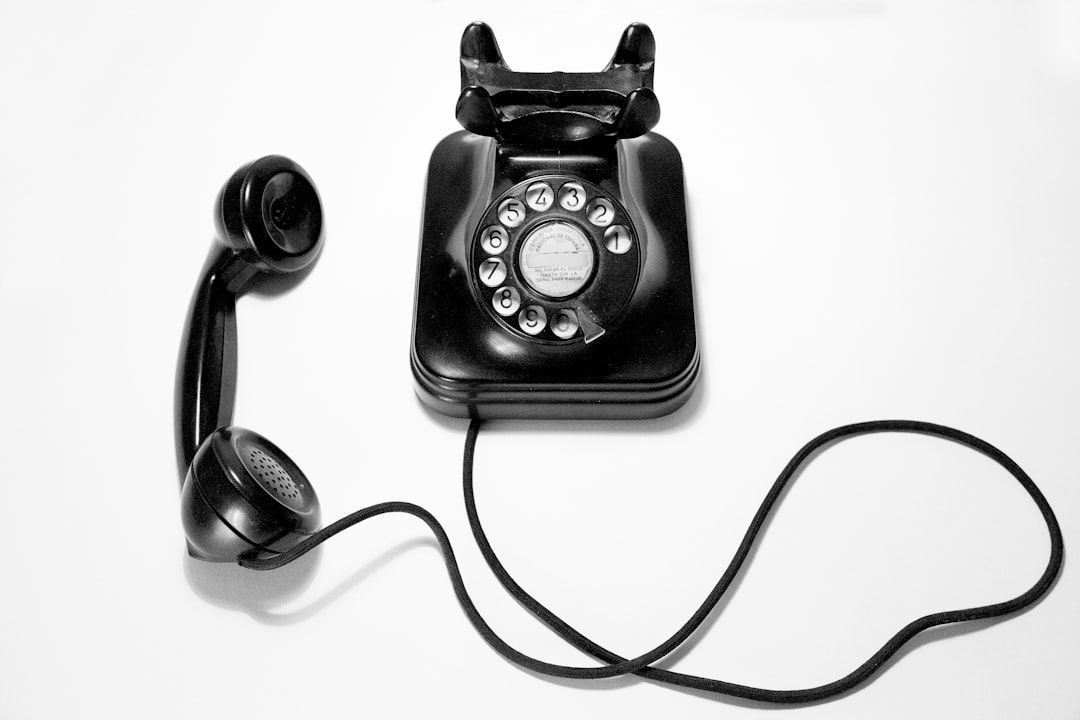
Non-profit organizations, driven by their mission and dedicated volunteers, often rely on innovative outreach strategies to connect with supporters and raise awareness for their causes. One such tool gaining traction is the autodialer, a technology designed to automate and streamline communication efforts. An autodialer system uses prerecorded messages to call multiple phone numbers simultaneously, allowing organizations to reach vast audiences quickly and efficiently. However, as the use of autodialers becomes more prevalent, especially in the hands of dedicated non-profits, it’s crucial to understand the legal implications and compliance requirements.
In Missouri, where many non-profit entities are based, an autodialer lawyer can guide organizations through the complex regulations surrounding automated phone calls. The Telemarketing and Consumer Fraud and Abuse Prevention Act (TCFA) and its subsequent guidelines shape the legal framework for using autodialers. These laws ensure consumer privacy and protection from unwanted telemarketing practices. Non-profits must adhere to specific rules, including obtaining proper consent, providing a way to opt out of future calls, and respecting state-specific regulations, to avoid potential penalties. Missouri’s autodialer lawyer can offer invaluable insights, ensuring non-profits navigate this technology effectively while maintaining compliance and preserving their integrity.
Legal Requirements for Autodialer Usage in Missouri
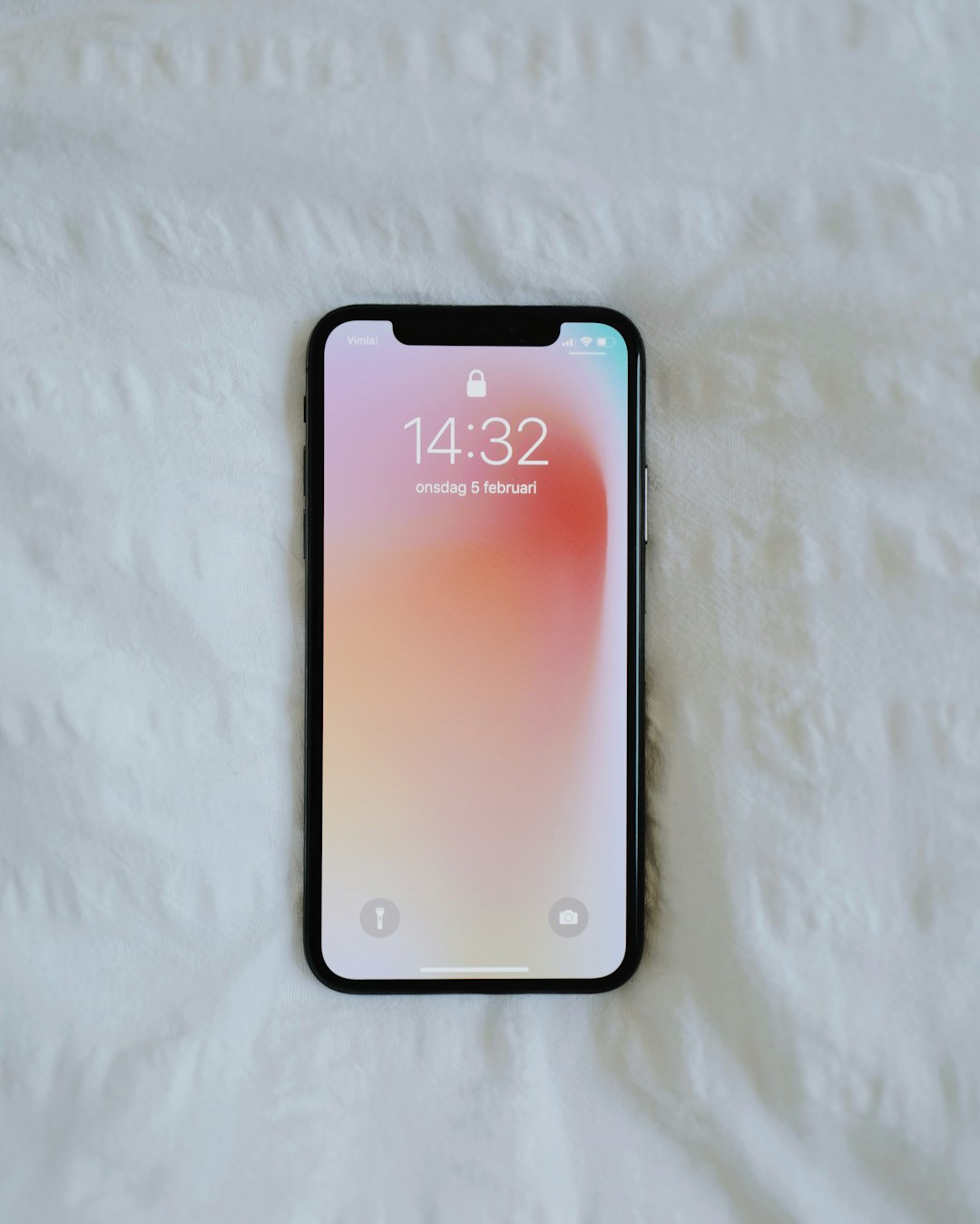
In Missouri, the legal requirements for using an autodialer are strictly regulated to protect consumers from unwanted telemarketing calls. An autodialer is defined as any automatic dialing device that sends out a series of automated telephone communications without human intervention. According to the Missouri Attorney General’s Office, organizations, including non-profits, must obtain explicit consent before using such technology for marketing or promotional purposes. This includes obtaining written permission from individuals who have not previously done business with your organization or who have opted-out of receiving such calls.
Non-compliance with these rules can lead to significant legal repercussions, as the Missouri laws are designed to protect residents’ privacy and peace of mind. Any entity found guilty of violating these regulations may face substantial fines and lawsuits. Therefore, it’s crucial for non-profits in Smithville or across Missouri to consult with an experienced autodialer lawyer to ensure they understand and adhere to all legal requirements when utilizing autodialing technology for their fundraising or outreach efforts.
Compliance Strategies for Non-Profits Using Autodialers
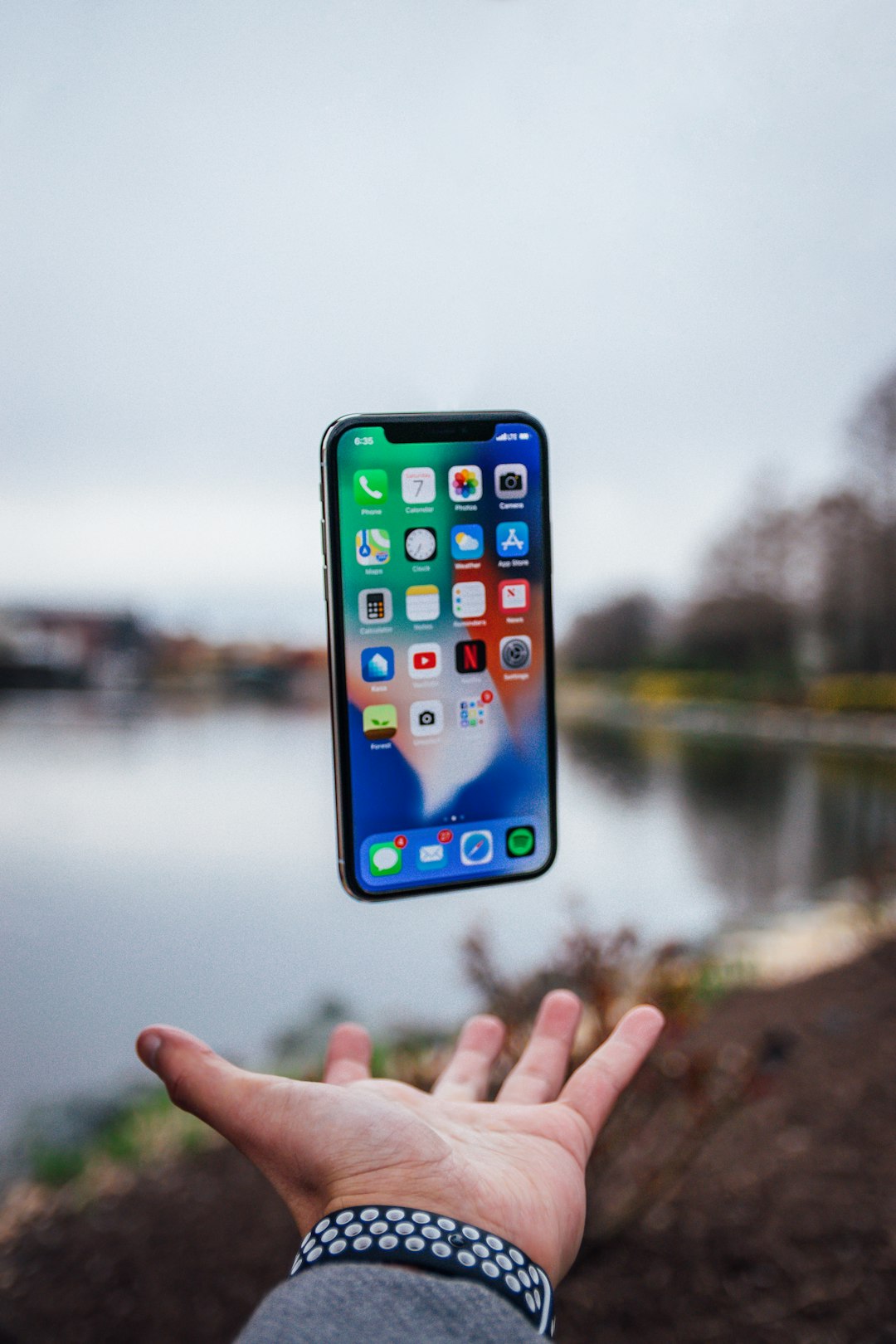
Many non-profit organizations in Smithville and beyond leverage autodialers for outreach, but it’s crucial to navigate the legal landscape surrounding their use. While autodialers offer efficient solutions for fundraising and communication, they must comply with stringent regulations to protect contributors’ privacy and rights. A comprehensive compliance strategy is essential to avoid legal repercussions and maintain public trust.
Hiring an autodialer lawyer in Missouri can significantly aid non-profits in understanding and adhering to these regulations. Legal experts can guide organizations on obtaining proper consent, ensuring accurate caller ID displays, and respecting do-not-call lists. By implementing these strategies, non-profits can effectively utilize autodialers while maintaining ethical standards and fostering long-term relationships with their supporters.
Common Pitfalls and How to Avoid Them

Non-profits using autodialers for outreach or fundraising face unique challenges, often unfamiliar territory for organizations with limited legal resources. Common pitfalls include misinterpreting TCPA (Telecommunications Consumer Protection Act) regulations, leading to costly compliance issues. For instance, many assume certain numbers are exempt from autodialing restrictions, unaware that all mobile phone numbers are protected.
To avoid these traps, consider consulting an autodialer lawyer Missouri has available. Legal guidance is essential for navigating complex rules around consent, number acquisition, and marketing messages’ content. Organizations should also stay updated on TCPA interpretations to ensure their practices align with the law, preventing unnecessary penalties and protecting their reputation.
